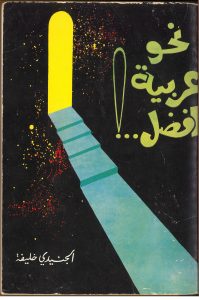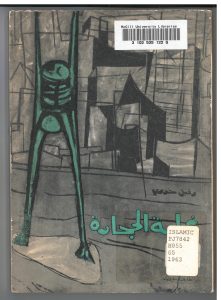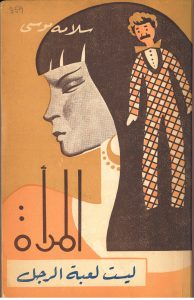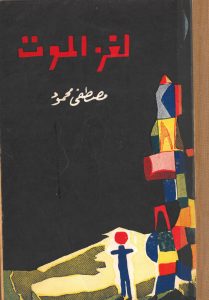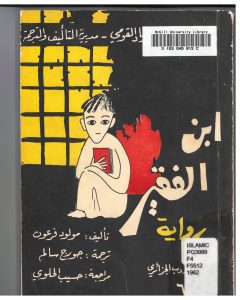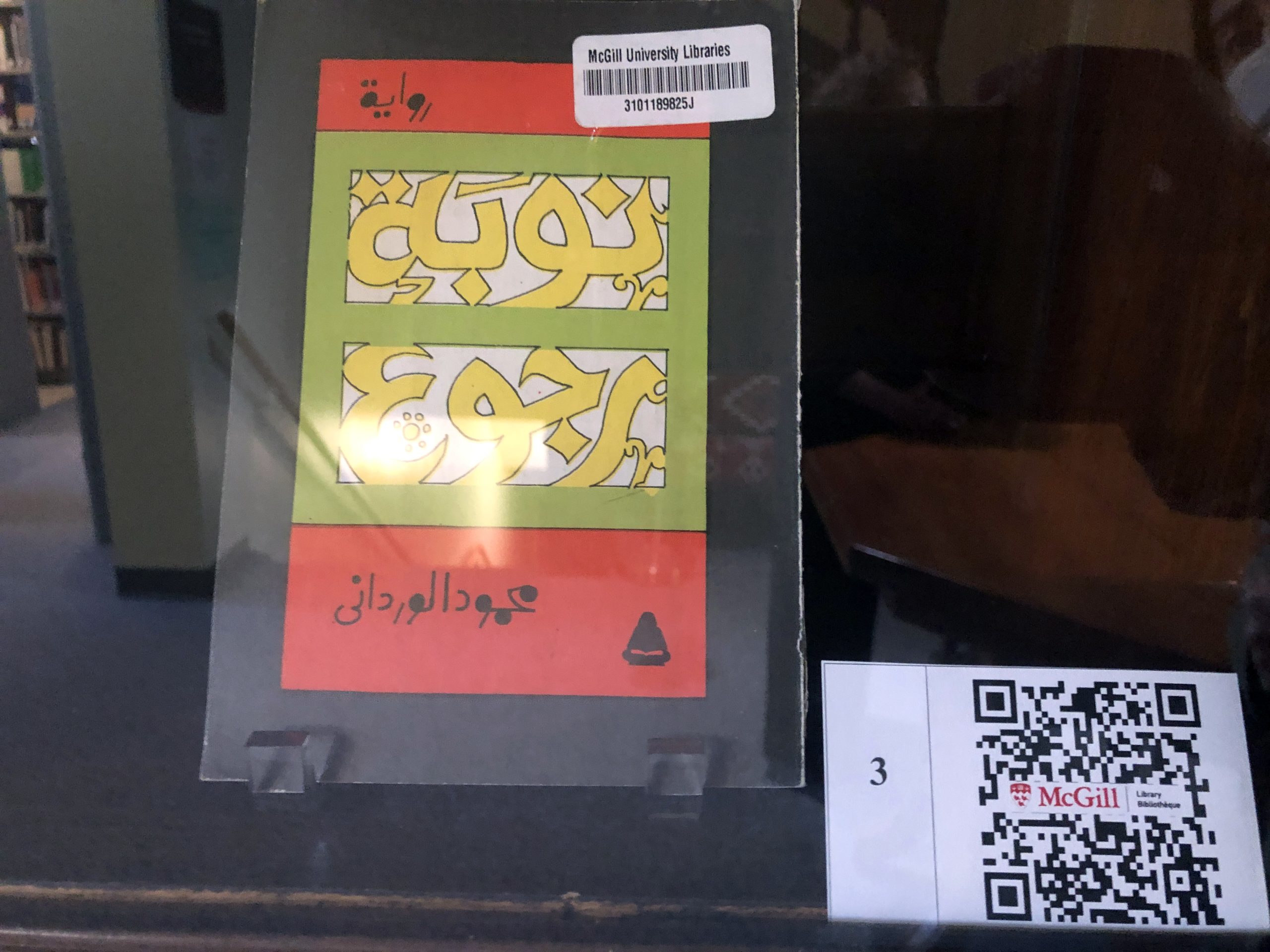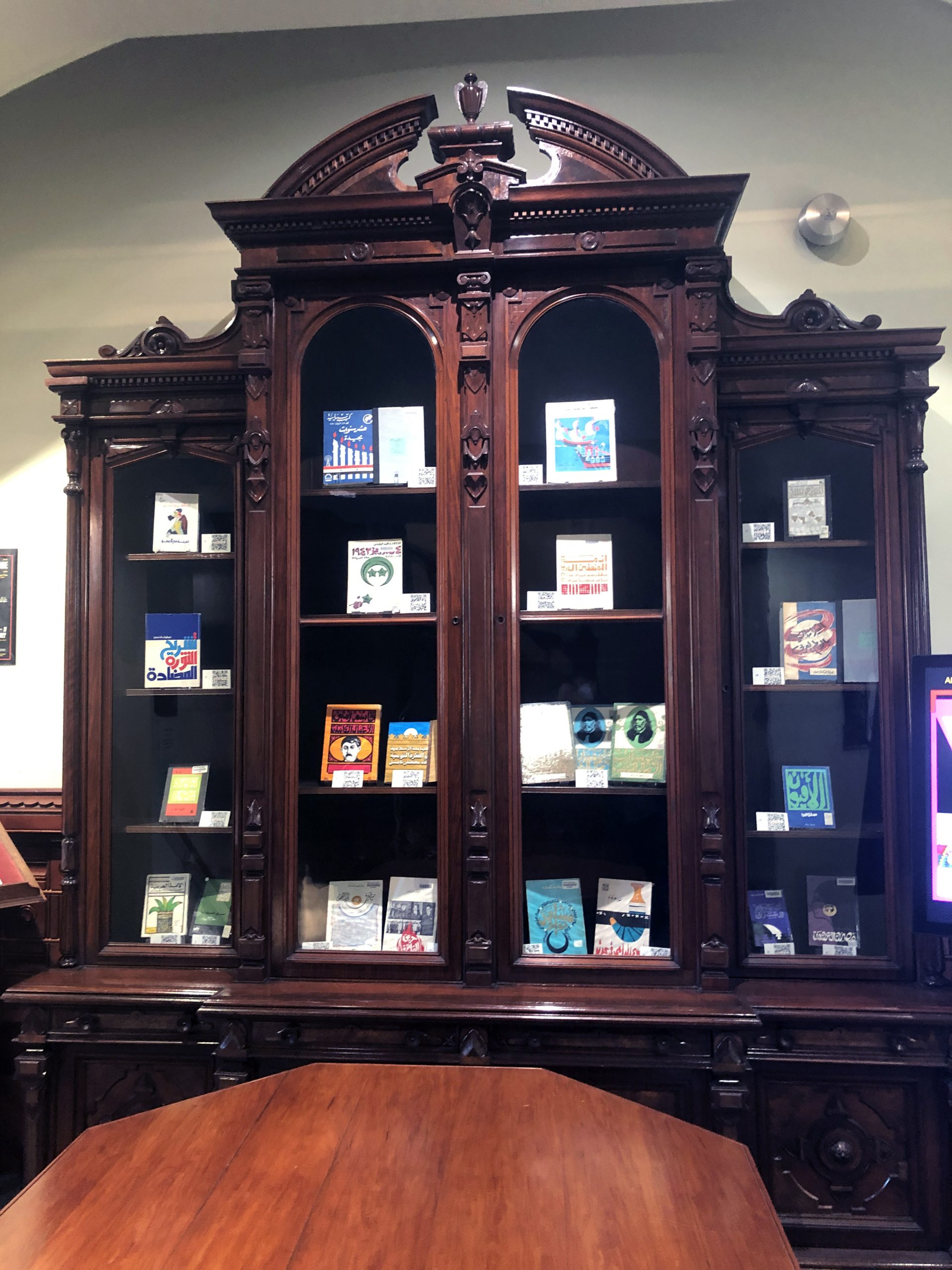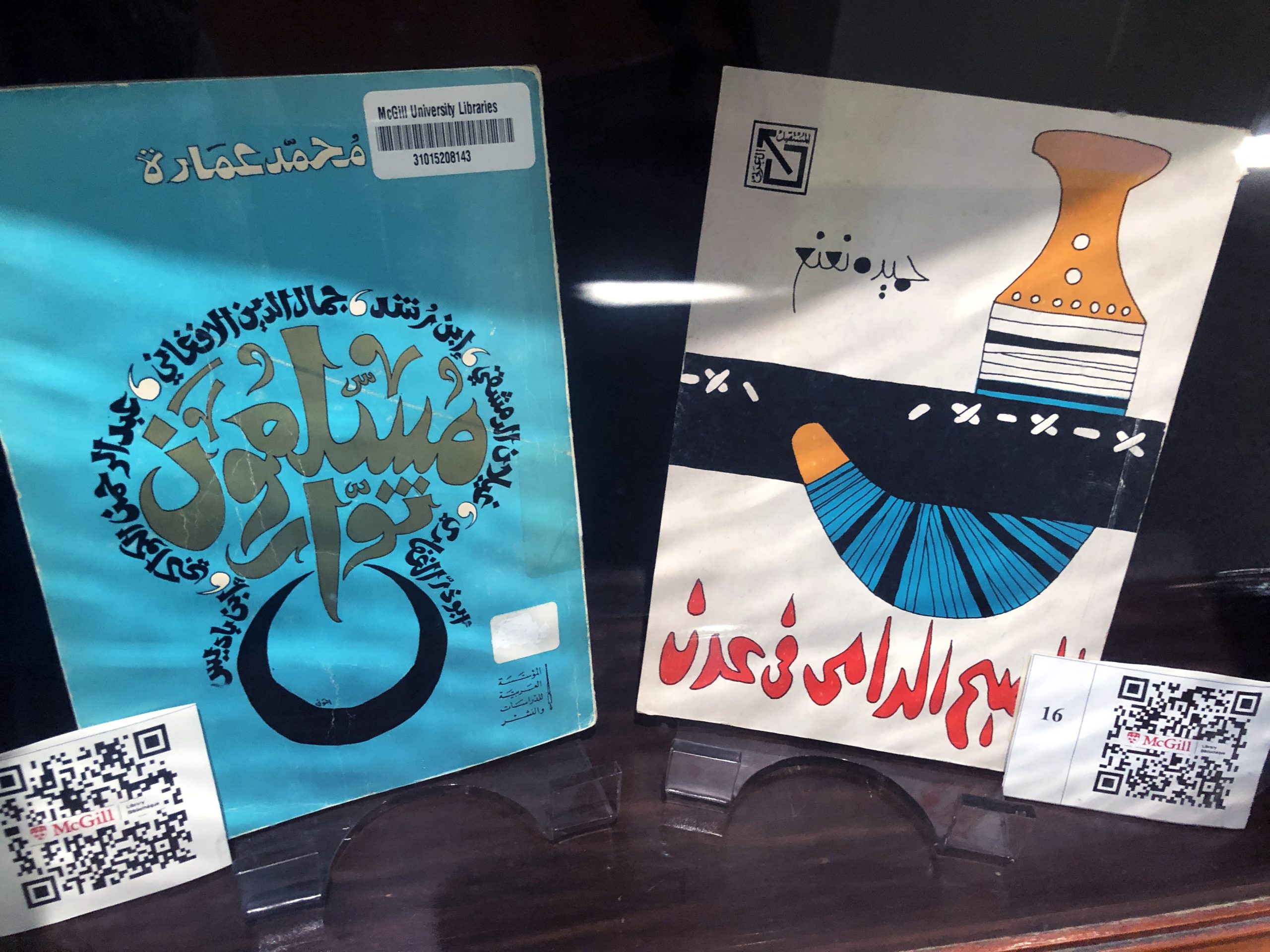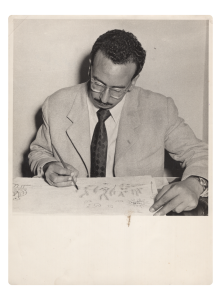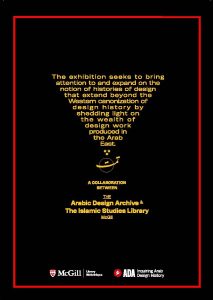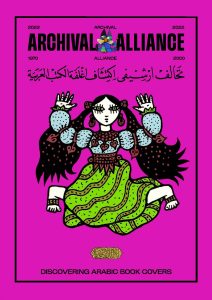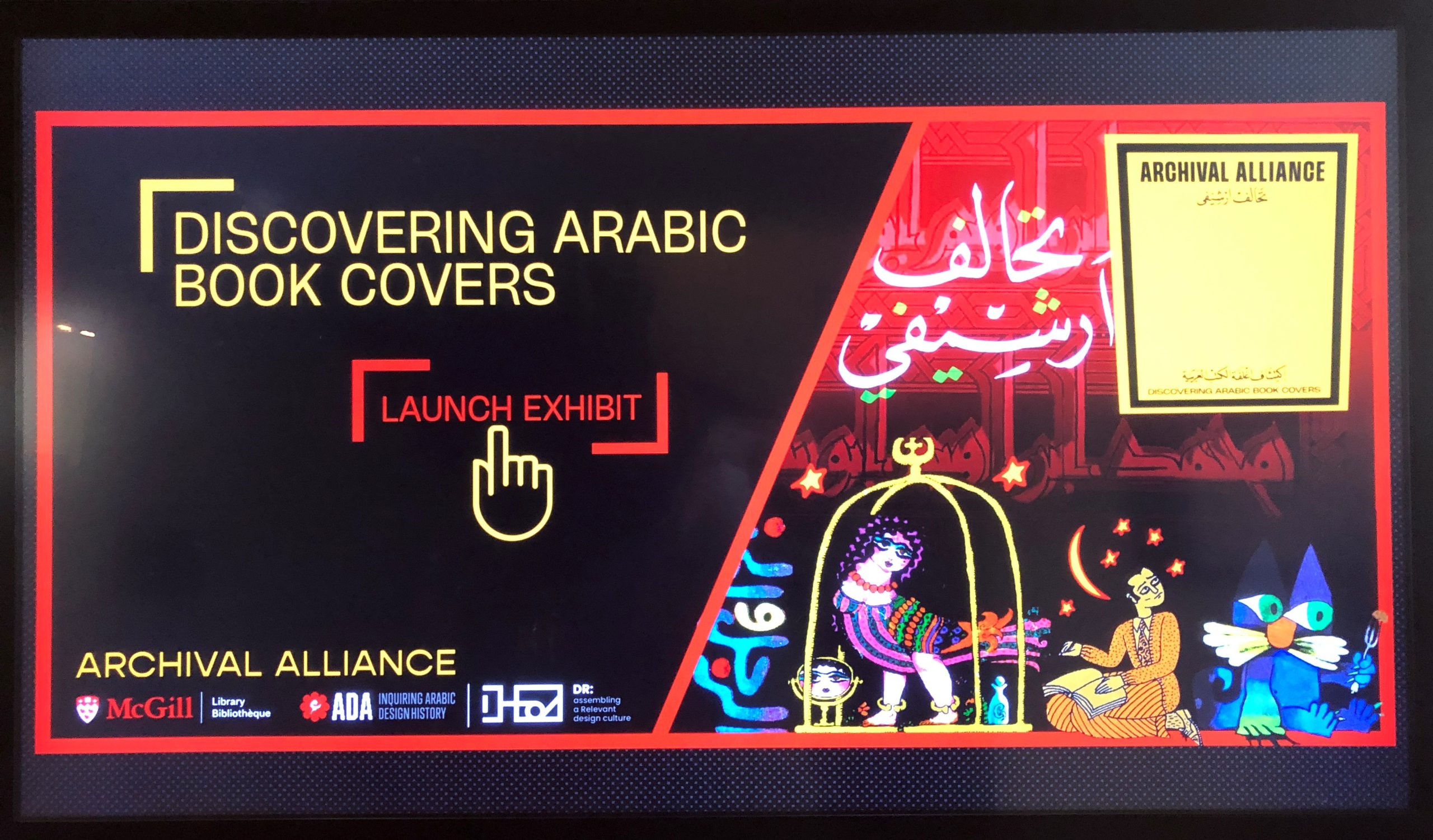
The disruptions caused by the COVID-19 pandemic did not stop the emergence of new ideas and projects at the McGill Islamic Studies Library (ISL). One such example is our collaboration with the Arabic Design Archive (ADA) which started in the middle of the pandemic. Originally, the ISL committed to feed the digital archives with scans of book cover from its collections. As time passed, both parties decided to create a joint exhibition titled Archival Alliance: Discovering Arabic Book Covers that was displayed in the Islamic Studies Library from September 15th to December 15th, 2022.
“The Archival Alliance: Discovering Arabic Book Covers exhibition seeks to highlight and broaden the concept of the histories of graphic design beyond Western contributions to present the wealth of design work produced in the Arab World [….], the exhibit [walked] visitors through the history of Arabic books covers design between 1970 and 2000.”
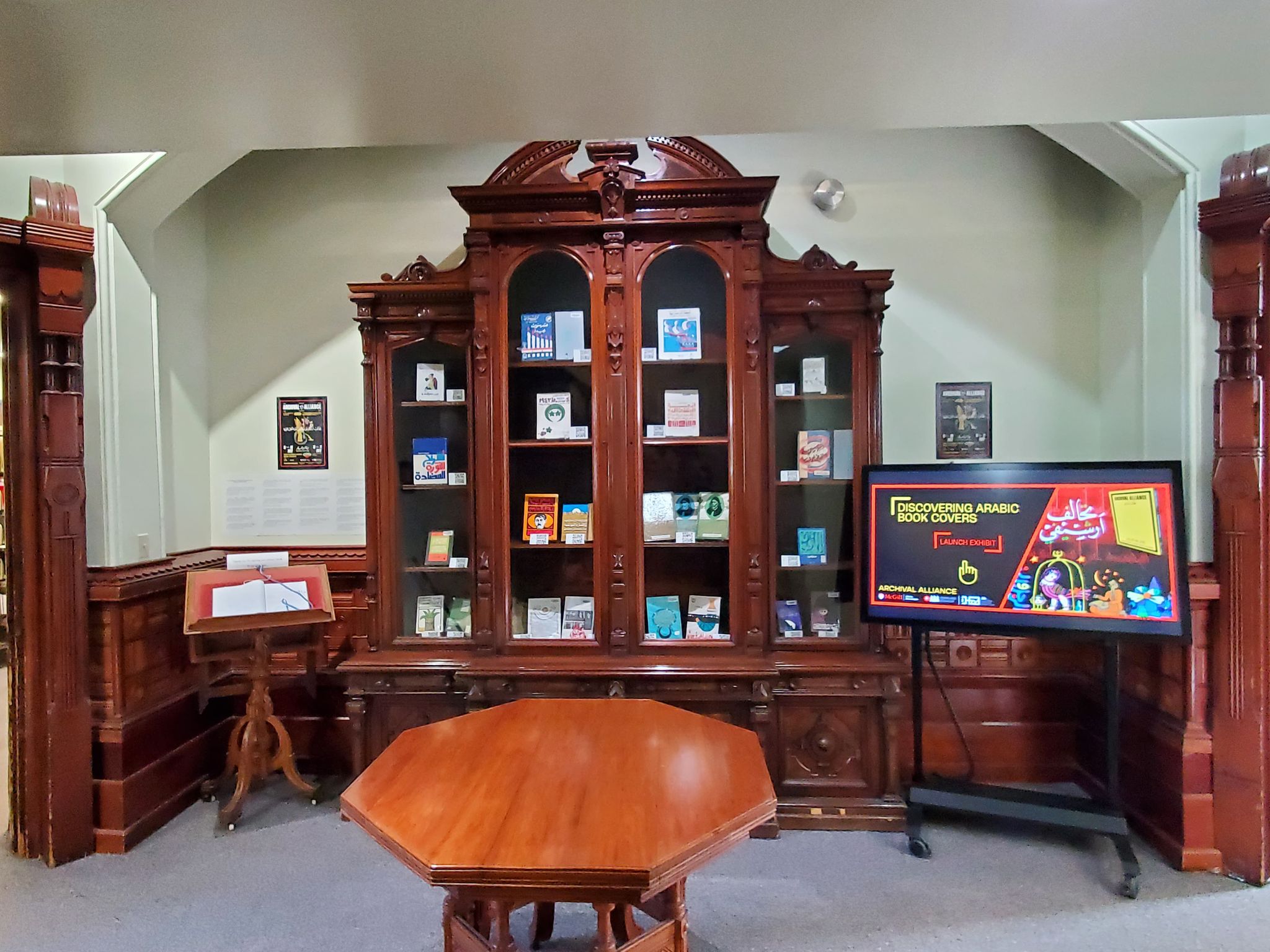
In early 2020, Moe Elhossieny, Egyptian designer, practitioner historian and researcher, started an archiving project that developed later into the digital Arabic Design Archive. ADA is a non-profit initiative aiming to facilitate knowledge production about Arabic design and its historical context by collecting, digitizing, and making available relevant materials; and to create a digital archive serving both for inspirational and scholarly purposes.
To achieve his goal, Elhossieny began to collect Arabic book covers designs from various collections crowdsourcing stored them in their repository, and posted the most interesting ones on the ADA Instagram account. This is where our former colleague, Mrs. Samah Kasha, learned about the project and contacted Moe Elhossieny to offer our contribution by sending a monthly batch of Arabic book covers’ scans from the Islamic studies Library collection. The collaboration started officially in the Winter of 2021.
Between January 2021 and January 2023, the ISL sent the digital copies of 250 book covers to the ADA archive across a wide range of subjects. Book covers were selected based on their date of publication (to comply with copyright requirements) as well as design and style including typography, graphic design, illustration, and calligraphy. The ADA included these images to their repository and posted some of them (when copyright allowed) on their Instagram account: @thearabicdesignarchive. Our materials have been tagged “Collection of @mcgillislamiclibrary.”
Examples of book covers:
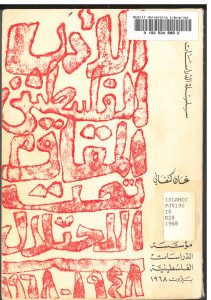
While the Arabic Design Archives was growing and diversifying, the ISL relationship with them tightened, and we suggested expanding the collaboration: a jointly curated exhibition seemed like a good way to do so.
Given the restrictions imposed on everyone by the COVID pandemic, The Archival Alliance: Discovering Arabic Book Covers exhibition was developed in a hybrid format including both a physical display and a digital component. The virtual part of the exhibition consisted in a touch table exhibit that offered visitors a unique interactive digital experience. The physical display featured books from the ISL collection, and the digital display gave access to book covers from the ADA archive.
To incorporate the digital aspect of the exhibition, we asked our colleague Gregory Houston, ROAAr (Rare & Special Collections, Osler, Art, and Archives) Digitization Administrator for help. His expertise in developing touch table experience combined with Moe Elhossieny’s expertise in design resulted in a colorful and engaging touch table exhibit, showcasing books covers, animated clips, documentary videos, illustrated pages presenting the narrative of the exhibition, historical photographs, etc.
The topics covered and the materials included in the The Archival Alliance: Discovering Arabic Book Covers exhibition were identified and selected over the course of several meetings. If more than 500 ISL book covers were scanned and sent to the ADA during our two years-long collaboration, only 20 of them were chosen for the physical display. While selecting the book covers, we realized that three artists had played an important role in designing book covers in the 20th century: Hilmi El-Tuni, Mohieddine Ellabbad and Bahgat Osman. With materials gathered for his personal research and the Arabic Design Archives, Moe Elhossieny was able to create documentary-style videos highlighting the work of the three featured artists (video1, 2 and 3). These videos were available for watching on the touch table.
Materials on both the touch table and in the display cabinet were assigned to three main subject areas : Religion, Literature, and History. Book cover design can teach us a lot by reflecting design trends and techniques of the period when they were published. To offer a more meaningful experience to visitors, the Islamic Studies Library made additional books accessible for discovery along side those in the physical display.
The graphic design and visual elements for the promotional materials like postcards (images 1 & 2) and poster (image3) were collaboratively developed.
If the plan was to host a launch or closing event in the presence of Moe Elhossieny, travel restrictions to Canada unfortunately did not allow us to do that.
The exhibition concluded on December 15th, 2023 after attracting numerous visitors from McGill and from the larger Montreal community. We received a lot of positive feedback: some visitors were impressed by the wide range of designs, others found the concept original and unique, others enjoyed the touch table experience and its audio-visual materials.
The exhibition was, curated by Anaïs Salamon, Head of the Islamic Studies Library, Moe Elhosseiny, The Arabic Design Archive, Samah Kasha, former Senior Library Clerk at the Islamic Studies Library, and Ghazaleh Ghanavizchian, Senior Library Clerk at the Islamic Studies Library.
We extend special thanks to Gregory Houston, McGill ROAAr (Rare & Special Collections, Osler, Art, and Archives) Digitization Administrator, without whom the creation of the touch table experience would have not been possible.
We also thank Dr. Charles Fletcher, Head Library Clerk at the Islamic Studies Library, and Lauren Goldman, Communications and Events Administrator in the Office of the Dean of Libraries, for their invaluable support, and many contributions to this project.
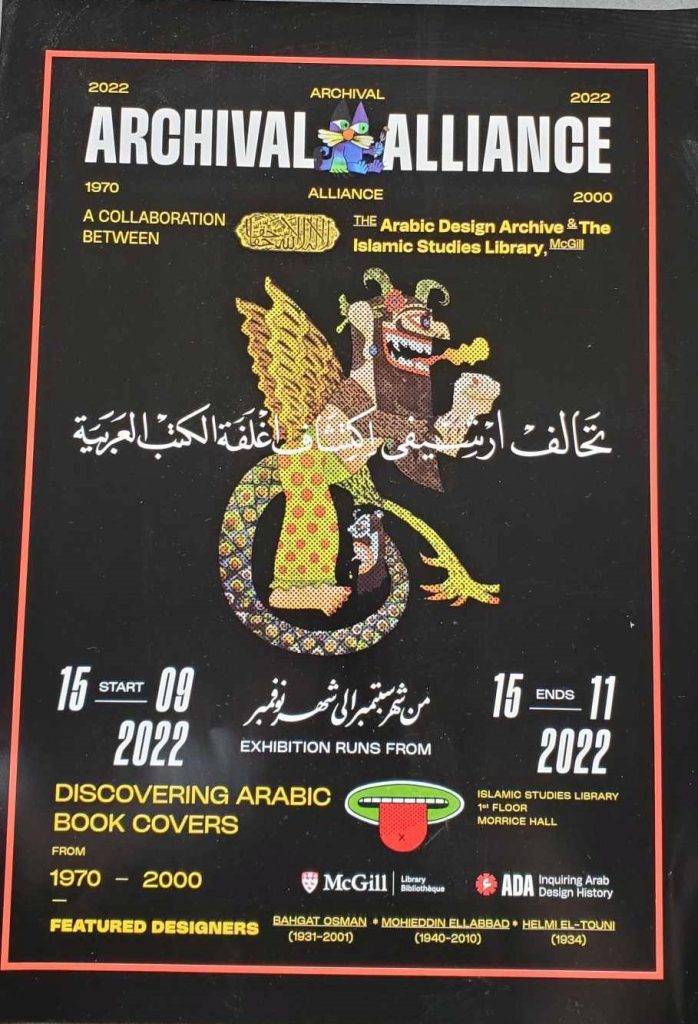
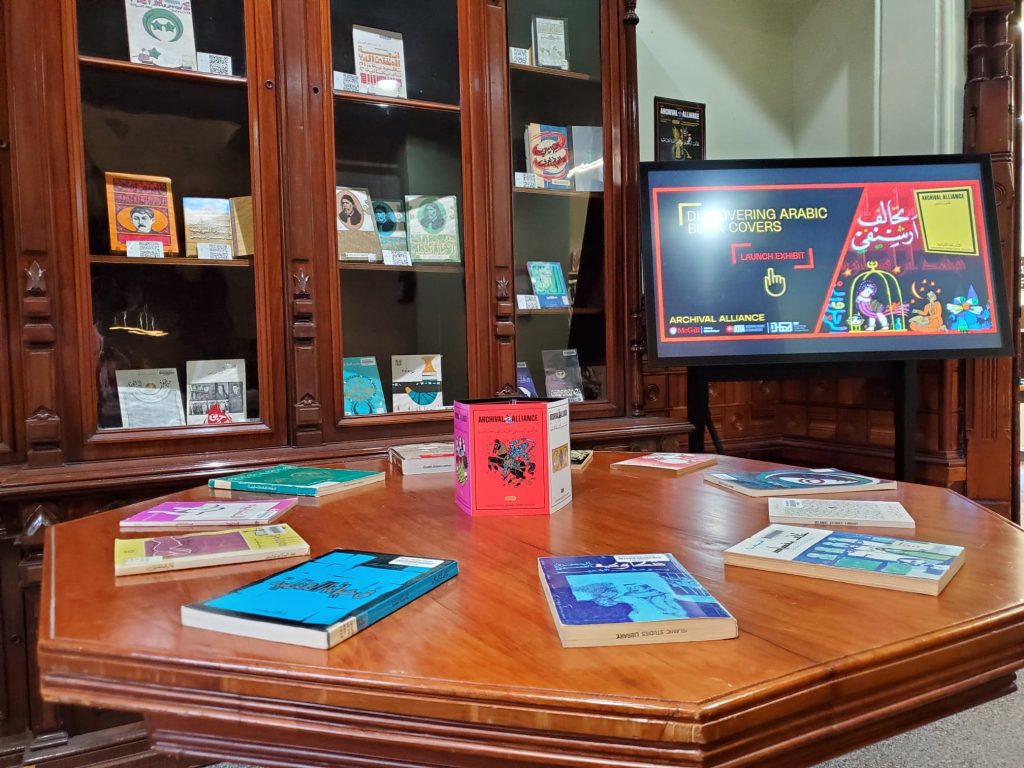
This blog post is written by Ghazaleh Ghanavizchian and proofread by Anaïs Salamon.


